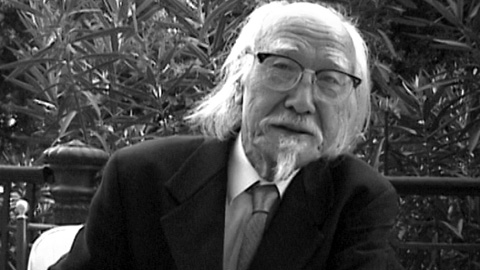ACTION & ANARCHY: THE FILMS OF SEIJUN SUZUKI
“Seijun Suzuki is a master stylist and one of Japanese cinema’s greatest innovators. His work has been a great inspiration to me. A retrospective of his films – fantastic!” – Jim Jarmusch
“To experience a film by Japanese B-movie visionary Seijun Suzuki is to experience Japanese cinema in all its frenzied, voluptuous excess.”— Manohla Dargis, NY TIMES
All shows are regular admission.
TOKYO DRIFTER Wednesday, January 6 at 7:30 pm
Tasked with making a vehicle for actor-singer Tetsuya Watari to croon the title song, Suzuki concocted this crazy yarn about a reformed yakuza on the run from his former comrades. The film is mainly an excuse to stage an escalating series of goofy musical numbers and over-the-top fight scenes. Popping with garish colors, self-parodic style, and avant-garde visual design, Tokyo Drifter embodies a late-1960s zeitgeist in which trash and art joyfully comingle. “With influences that range from Pop Art to 1950s Hollywood musicals, and from farce and absurdist comedy to surrealism, Suzuki shows off his formal acrobatics in a film that is clearly meant to mock rather than celebrate the yakuza film genre”
(Nikolaos Vryzidis, Directory of World Cinema: Japan). (Japan, 1966, DCP, 83 min., color, Japanese with English subtitles)

Seijun Suzuki first became famous when he was fired by Nikkatsu Studios for making films that, as he put it, “made no sense and made no money.” But it was his freewheeling approach and audacious experimentation that gained Suzuki a cult following in Japan and abroad. Suzuki’s job at Nikkatsu was to make B movies out of scripts that were assigned to him. In the mid-1960s, Suzuki’s restlessness began to come through as he began experimenting with the assigned material. These films established Suzuki as a stylistic innovator working within—and rebelling against—the commercial constraints of studio work. In the 1990s, a new generation of devotees, most notably
Jim Jarmusch and Quentin Tarantino, praised Suzuki in the press and referenced his work in their films. Co-presented with the Japan Foundation.
